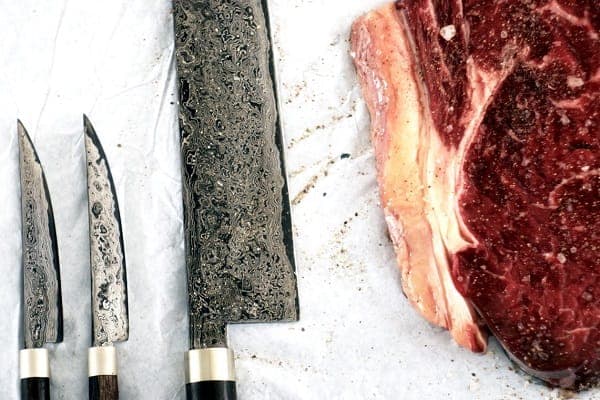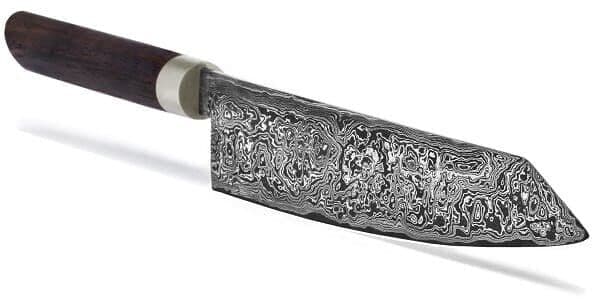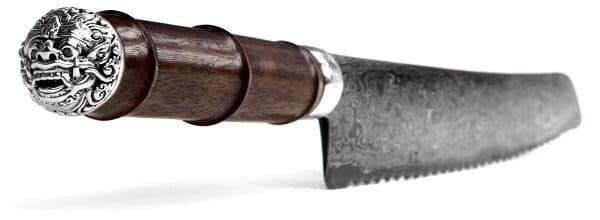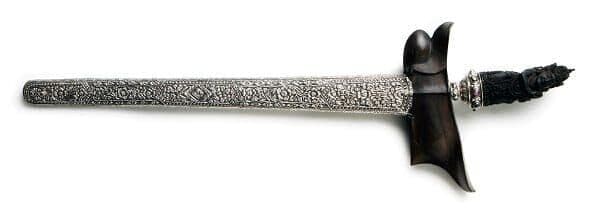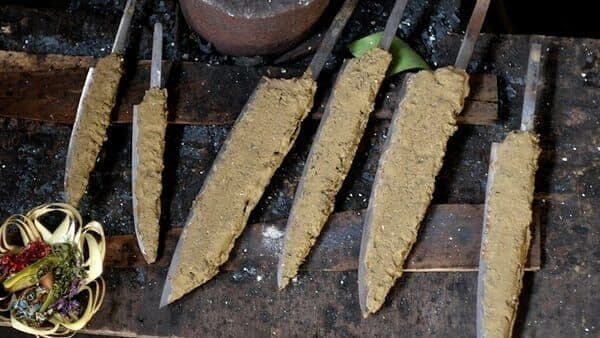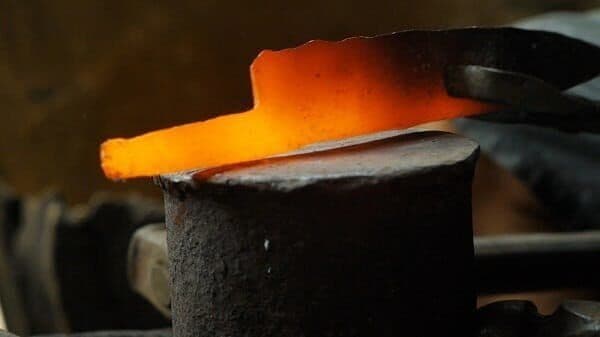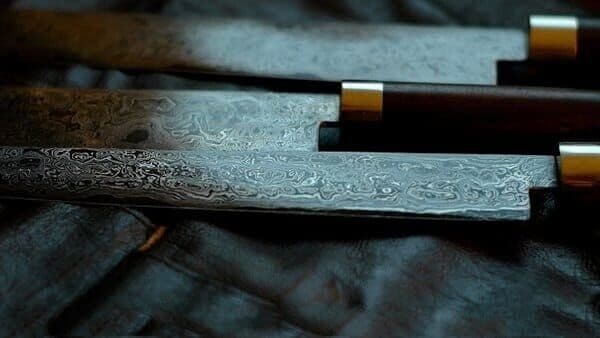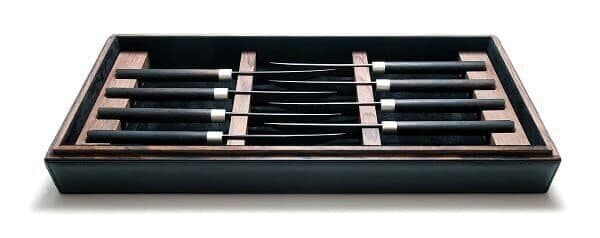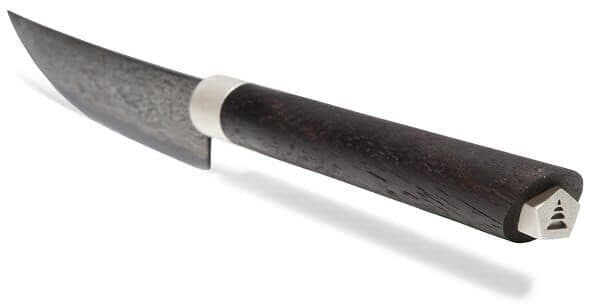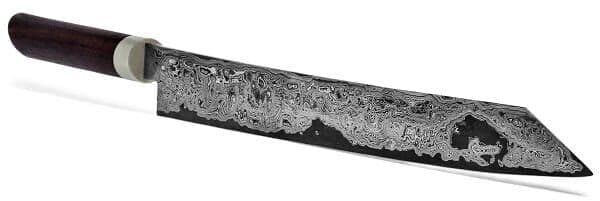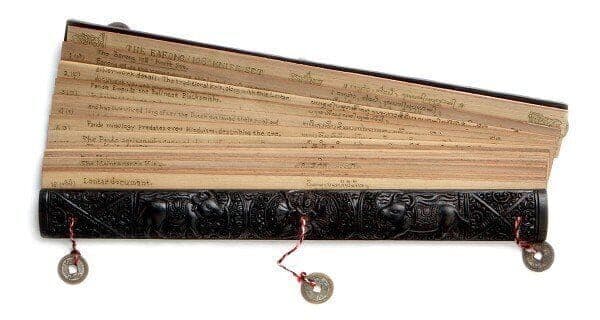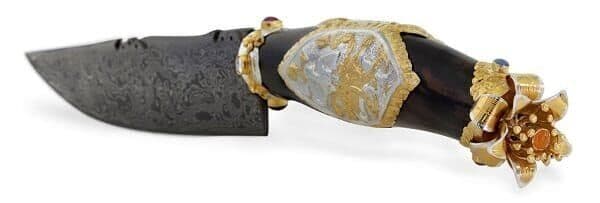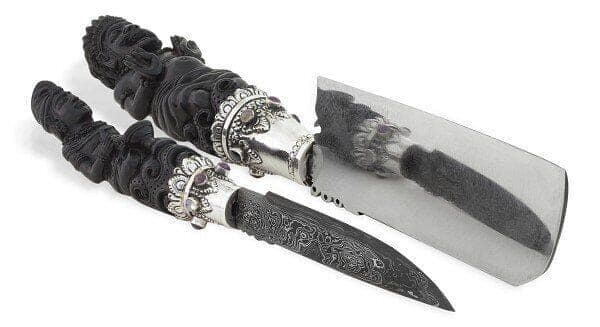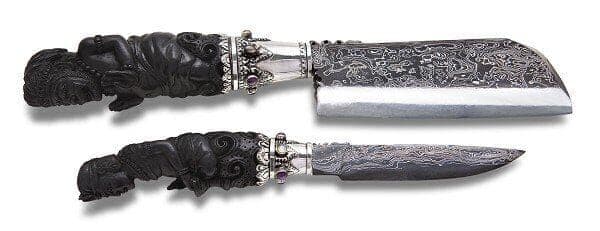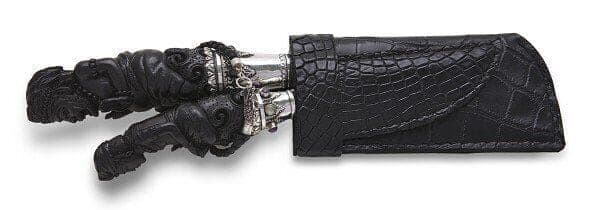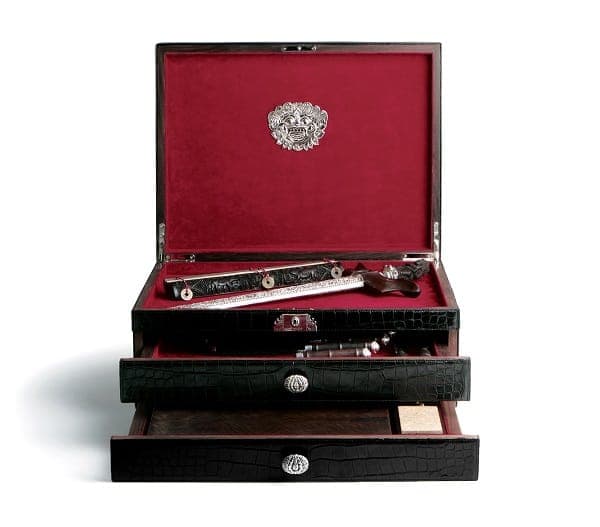
29 Aug Interview with Blades of the Gods – Luxury Balinese Knifeware
Loving luxury cookware Blades of the Gods immediately caught my eye and made my Shun Chef knife look like something you’d get alongside a spork during an on-flight meal. Ok maybe that was a little harsh, but these Balinese blades are on their own level compared to the big name Damascus steel knives you’ll see around. With a very unique story behind these high-end knives, I reached out to them to share it with us and luckily co-founder Thomas Samson agreed to an interview:
Simon: To intro our readers, please fill us in on the Balinese tradition your company is based on:
Thomas: Bali has a 1100 Year tradition of making Damascus steel, or called Pamor in Indonesia. Our aim is to preserve this ancient tradition, and combine it with our modern designs.
Simon: What is co-founder Bernard Leiner’s and your history before founding Blades of the Gods and what brought you to Bali?
Thomas: Bernhard has been living on Bali since eleven years working in different fields of design and marketing for clients outside Indonesia. I worked in the gastronomic industry in Europe for more than 15 years which makes the good combination between us. The first trip both of us brought to Bali was their perfect waves. We both are passionate surfers.
Simon: What event or inspiration set you on the path to establish Blades of the Gods?
Thomas: Bernhard and me once witnessed a Balinese ceremony, known as the Melasti Ceremony, at a temple close to the beach and saw how Balinese man in a state of trance tried to stab themselves with the traditional Keris dagger. History tells about the magic of the Keris which leaves man unharmed and invulnerably to the Keris. When we were fist privileged to hold a Keris dagger, we knew that we found a masterpiece of art and skills Balinese would have mastered over the millennia.
Simon: This led to your collaboration with a very special blacksmith called Empu Ketut Mudra, what’s his story?
Thomas: Yes, we searched the island for days and finally found the last remaining blacksmith in Bali who still masters the art of folding steel. We were warmly welcomed by the whole family and have been working and learning with Empu Mudra ever since.
Simon: Working together with this master blacksmith, what became your mission?
Thomas: Our mission became to make the most beautiful and most sharp knives in this world by keeping this wonderful tradition alive and introduce it to a much bigger audience.
Simon: The Keris dagger is the traditional Balinese that your collection is based on; please share the tradition of the Keris and your modern interpretation of it.
Thomas: Usually only those born into the Pande cast in Bali are allowed to work and make the ceremonial Keris daggers. The Keris has a 1100 years story, and the Balinese believe, that the Keris rather chooses his owner than to be chosen. There are many different shapes of the Keris, every curve in the blade has its meaning.
Our modern interpretation, that’s a good question. I don’t know if the rest of our collection its so modern for example the keris dagger of our limited edition is as traditional as it ever was. The techniques of making Damascus steel has been perfected over generations and are still the same. It feels more like a natural process of stepping up the design vocabulary.
Simon: What makes your kitchen knives unique and what are some highlights from your collection? The Kitchen Sword definitely has an appealing name to me.
Thomas: All the knives are entirely hand-made real Damascus. Every little stroke of the hammer changes the drawings immediately. Therefore It makes each knife one of a kind. We only use the best materials for our blades as well for the handles, applications and the packaging.
The kitchen sword is the longest blade in our collection with a pompous blade length of 33cm (13 inches) and an overall length of 47.5cm (19 inches) it is inspired by the guy on the 1000 Rupiah bill national hero Kapitan Pattimura.
Simon: You have a box set that seems to blow any knife set you’ll find at William-Sonoma, please fill our readers in on what it offers.
Thomas: The Barong 108 Box set tells the ancient story of the most important of Balis Spirits, the Barong and his Keris warriors combined with our contemporary interpretation of the kitchen knives. The set holds a Keris dagger which will be custom made for its future owner, Lonthar leaves that explains the story and artistry of the set. Further on there are 7 knives and a fork next to an Indian rosewood cutting board and maintenance set for the knives. The box is covered with black crocodile skin and has worked in over 2kg of sterling silver, black diamonds, rubies and sapphires. The box comes with a key that is stored in it’s own little box and the two drawers are configured with a secret lock mechanism. The Barong 108 Box is limited to 108 piece collector item.
Simon: Do you make anything other than knives?
Thomas: All sorts of creative stuff but this are just hobbies. We do have a couple accessories such as a synthetic ruby knife sharpener.
Simon: The knives in your antique/rare items section look amazing. So these are new creations based on other traditional Balinese blades?
Thomas: The Blades are classic Balinese knife shapes the interpretation of the whole knife are based on the legendary tales of Bali’s Hindu Mythologies.
Simon: What are your future plans? Any new knives or other projects in the works?
Thomas: Yes, we are working on a new series of kitchen knives in collaboration with Ryan Clift from the Tippling Club in Singapore. First prototypes are made and soon available online and in some selected retail shops around the world. Keep watching out for this new set of top of the edge kitchen knives, available in Damascus steel and stainless steel.
Simon: Thanks for your time sharing your amazing story and the knives it produced. For full details and ordering info, please visit BladesoftheGods.com and follow them on Facebook.


